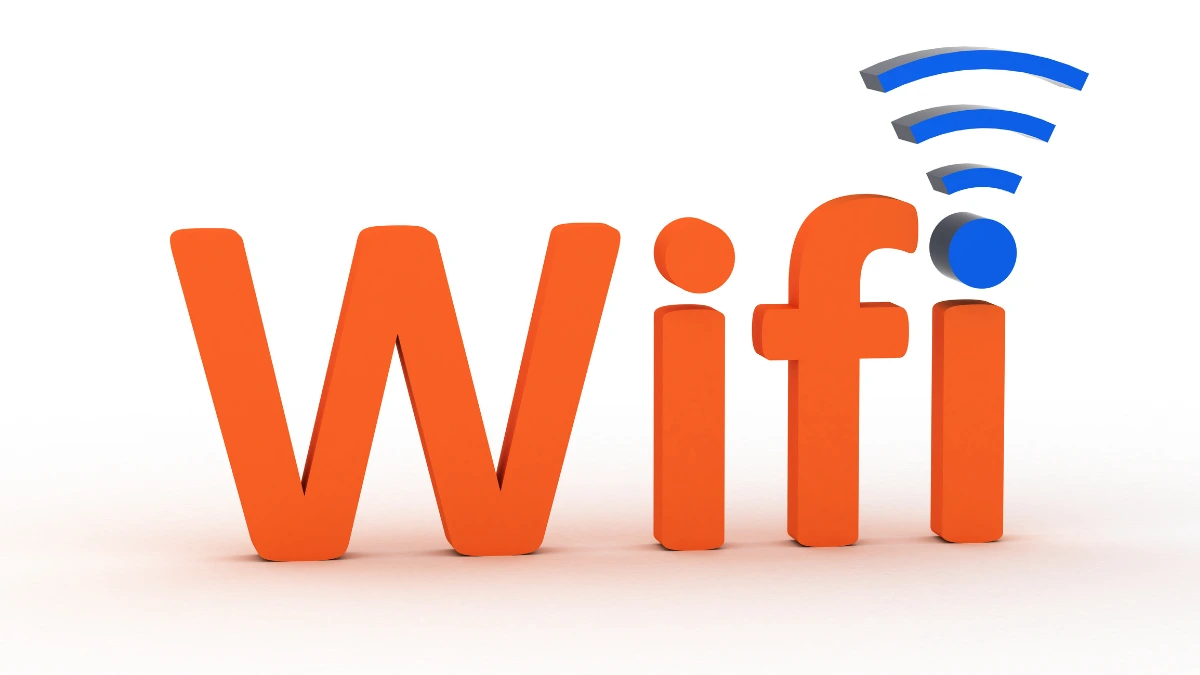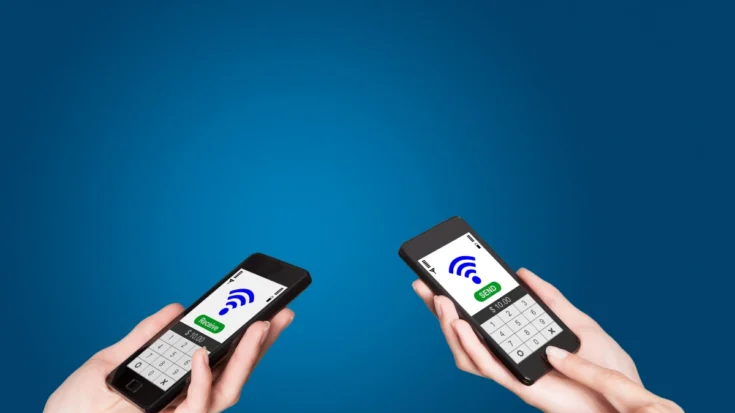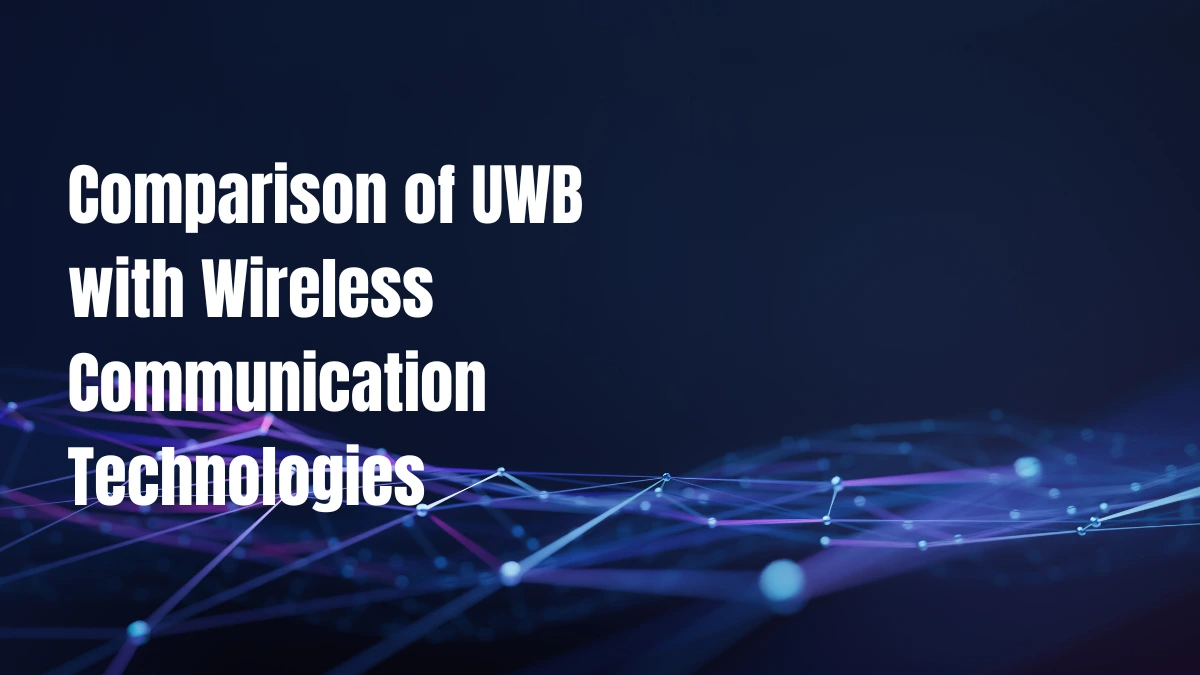Ultra-wideband (UWB), WiFi, Radio Frequency Identification (RFID), Zigbee, Near Field Communication (NFC), and Low Range (LoRa) are the wireless communication technologies. All of the technologies have the differences themselves.
The comparison of UWB with other wireless communication technologies is quite different, especially in terms of range, data rate, security, and application.
This article will discuss the comparison of UWB with other wireless technologies such as WiFi, RFID, Zigbee, NFC, and Low Range.
UWB Compared to Other Communication Technologies
UWB, Wifi, RFID, Zigbee, NFC, and Low Range (LoRa) are both wireless communication technologies, but they have different characteristics, use cases, and technical differences. There is a comparison of UWB and other communication technologies:
1. UWB vs Wi-Fi

Range: Wi-Fi covers longer separations compared to UWB, making it reasonable for bigger spaces.
Data Rate: Whereas Wi-Fi offers tall information rates reasonable for web browsing and gushing, UWB can give speedier information exchanges over brief distances.
Security: UWB is intrinsically more secure due to its recurrence bouncing and short-range nature, though Wi-Fi can be helpless to different assaults if not enough secured.
Application: Wi-Fi is essentially for web get-to, whereas UWB has different applications like exactness following and information transmission.
2. UWB vs RFID
Precision: UWB offers much higher exactness in following compared to conventional RFID systems.
Data Rate: UWB can transmit information at much higher rates than RFID.
Range: UWB for the most part has a broader run compared to detached RFID labels but might be comparable or marginally lower than dynamic RFID systems.
3. UWB vs Zigbee:
Data Rate: UWB offers higher information rates compared to Zigbee.
Power Consumption: Both are outlined for moo control utilization, with Zigbee fundamentally utilized in moo information rate applications where drawn-out battery life is essential.
Range: UWB regularly has a broader run than Zigbee.
Application: Whereas Zigbee is custom-fitted for domestic computerization and IoT, UWB has a more extensive extend of applications, counting secure communications and exactness tracking.

4. UWB vs NFC
Range: NFC works over exceptionally brief separations (up to 4 cm), making its run much shorter than UWB.
Data Transfer: UWB is speedier and can handle more noteworthy information exchanges compared to NFC.
Application: NFC is fundamentally for contactless installments and information sharing, whereas UWB offers a broader cluster of applications.
5. UWB vs LoRa
Range: LoRa is outlined for long-range communications and can cover tremendous separations, frequently surpassing UWB.
Data Rate: UWB gives much higher information rates compared to LoRa.
Application: LoRa is utilized for low-power, long-range sensor systems, whereas UWB centers on tall information rate and accuracy applications.
That is the fundamental difference between UWB and other wireless technologies. Hopefully, it can help you to distinguish a general comparison between each of these technologies.
For your additional information, it is very important to make sure the product that has wireless technology has been tested and has a certificate from authority. We are ready to assist you for obtaining Type Approval and Certification for ICT Products in your country before being distributed to the market. [UN]

